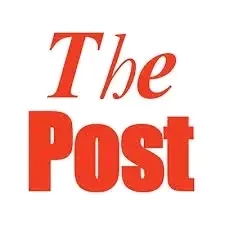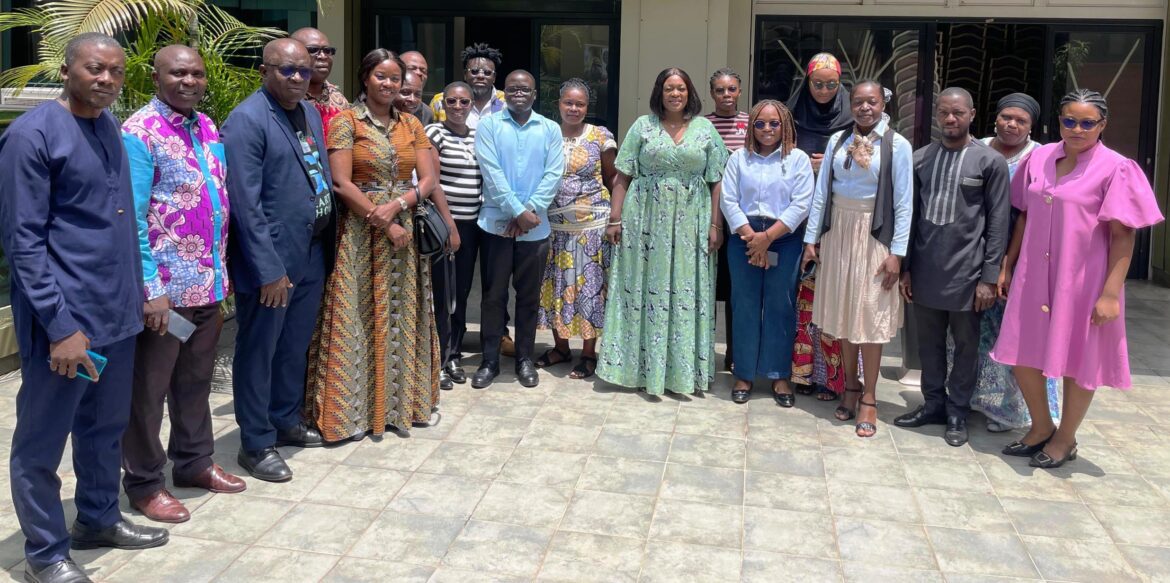By Nformi Sonde Kinsai
The vision, mission and results of the first phase of the BIODEV2030 project as well as specific objectives of phase two of the project have been presented to some 30 media practitioners.
Aspects of the project were presented to members of the press on April 29 in Yaounde by the BIODEV2030 Regional Coordinator for Cameroon, Congo and Gabon, Marie-Madeleine Bassalang and the National Coordinator of BIODEV2030, Alphonse Ngniado.
Meanwhile, the BIODEV2030 phase two communication strategy was presented by WWF Cameroon Communications Coordinator, Enjema Nenne Esunge.
Bassalang said the vision of the BIODEV2030 project is to promote economic development that preserves and restores biodiversity while the mission is to translate private sector voluntary commitments into actions within pilot territories, leading to the financing and implementation of dedicated initiatives.
Stating that the project proposes an innovative approach to biodiversity mainstreaming based on science and multi-stakeholder dialogue, the BIODEV2030 Regional Coordinator said it is being implemented by IUCN and WWF, coordinated by Expertise France and funded by the French Development Agency, AFD.
Bassalang disclosed that the first phase of the project was launched towards the end of 2019 to contribute to the integration of biodiversity into the economic development strategies of 15 pilot countries notably Senegal, Mozambique, Benin, Ethiopia, Kenya, Guinea, Tunisia, Gabon, Madagascar, Uganda, Cameroon, Congo, Fiji, Guyana and Vietnam.
On the results of the first phase, she stated that it established a shared national vision and identified the two sectors (agriculture and infrastructure) with the greatest impact on biodiversity in Cameroon as well as concrete avenues for commitment to transform production practices in the said sectors.
She outlined key goals of the project to include: identifying sectoral public policy measures that support voluntary commitment implementation; establishing and operating functional multi-stakeholder dialogue platforms at the national level by engaging key actors of environmental and sectoral ministries, private sector, civil society and financial institutions; as well as defining objectives, structure, and facilitation methods for effective multi-stakeholder dialogue.
Talking about phase two of the project, Alphonse Ngniado, who is also a World Wide Fund for Nature, WWF Forestry Expert, mentioned supporting national public authorities in reforming sectoral public policies to better integrate biodiversity; assisting stakeholders in pilot territories in collectively defining actions to reduce biodiversity pressures; and strengthening local actor capacities and promoting key results and lessons learned from the project as the specific objectives.
In presenting the communication strategy, Enjema Esunge said the press breakfast was geared at engaging media professionals to share key findings of phase one of the project with a focus on agriculture and infrastructure sectors identified as major contributors to biodiversity degradation.
In addition, the event was also meant to expound to the media what BIODEV2030 phase 2 is all about; inform journalists about biodiversity threats and engagement scenarios related to agriculture and infrastructure in Cameroon; as well as strengthen collaboration and foster lasting partnerships between the media and biodiversity stakeholders.
Key messages driven home included the fact that Cameroon harbours 92 percent of Africa’s ecosystems and is a key biodiversity hotspot; that agriculture and infrastructure are the primary sectors impacting biodiversity; and that integrating biodiversity into farming and policy, build resilience, protects resources and secure livelihoods for farmers and the nation.
The presentations were followed by a question and answer session during which the experts threw more light on various aspects of the BIODEV2030 project including challenges they are working on daily to surmount in order to ensure success.

